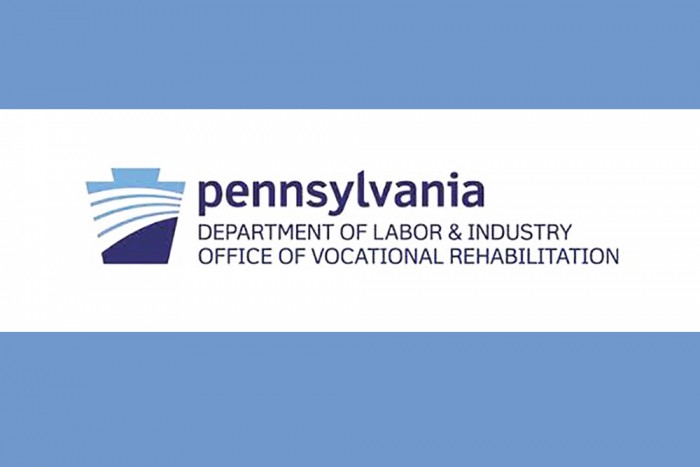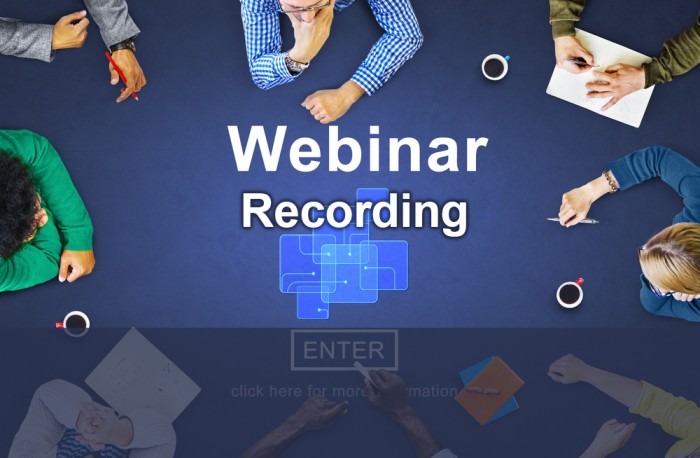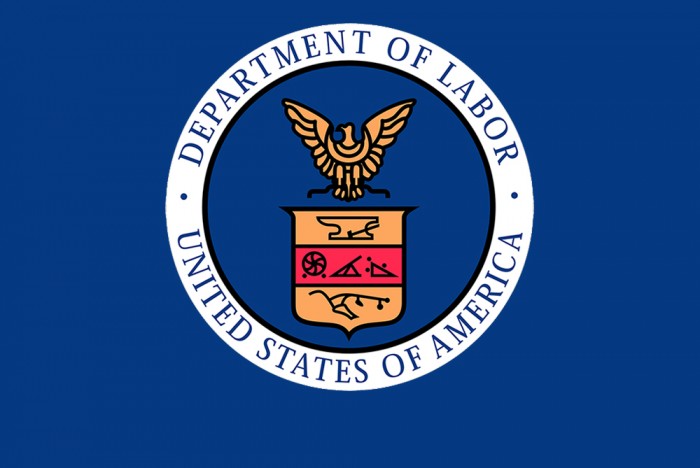Carol Ferenz
OVR Business Services Model
FREE Member Webinar – Cannabis: Where Are We Now? Aug 20
Senate Republicans Leave HCBS Funding Out in Counter-Proposal to House-Passed HEROES Act
Advocacy Organizations Appeal to CMS Regarding Retainer Payments
ACCSES, ANCOR, APSE, The Arc, Easterseals, Goodwill Industries, and United Cerebral Palsy joined in a letter to Centers for Medicare and Medicaid Services (CMS) Administrator Seema Verma, and Deputy Administrator and Director of Medicaid and CHIP Services Calder Lynch, requesting that CMS use its regulatory authority to waive the restriction on retainer payments and provide additional much-needed relief to disability service providers.
The letter expresses concerns regarding “CMS’s recent FAQ guidance updated on June 30, 2020 retroactively restricting the length of the state’s authority to issue retainer payments. Throughout this public health crisis, disability service providers have been working tirelessly to keep the people they support safe and healthy in the face of staffing shortages, program closures and quarantine mandates.”
“Although we understand that the limited term of this authority was appropriate for past crises, the ongoing nature of this pandemic restricts providers’ ability to safely resume supports and services at a time when extreme caution continues to be recommended for at-risk individuals by the Centers for Disease Control. In consideration of the ongoing crisis and as an increasing number of states are facing serious spikes in virus positivity, hospitalizations, and mortality rates, we ask that HHS employ its regulatory authority to waive the limit of three consecutive 30 day periods for retainer payments for the duration of the Public Health Emergency. As it appears that we will collectively be trying to manage through this crisis for the foreseeable future, providers of Medicaid funded disability services are in dire need of this ongoing support.”
FAQs for the Medicaid and CHIP Provider Relief Fund Updated
From ACCSES:
The FAQs for the Medicaid and CHIP Provider Relief Fund have been updated to be more inclusive for disability providers. This is the message we received last evening:
“HRSA has clarified one of the FAQs to specifically indicate that disability service providers are eligible:
Are healthcare providers that only bill Medicaid or CHIP through a waiver eligible for the Medicaid, CHIP, and Dental Providers Distribution? (Modified 7/30/2020)
Yes. Healthcare providers that bill for services in Medicaid or CHIP that are covered under either a waiver or state plan, including disability service providers and other providers of Medicaid-funded home and community-based services (HCBS) (e.g., day habilitation, HCBS waiver program services), are eligible for the Medicaid, CHIP, and Dental Providers Distribution if they otherwise meet the other eligibility criteria.”
Here is the link to the FAQs. The Medicaid and CHIP Provider Relief Fund portal closes on Monday, August 3, but if you start your application and are waiting for your Tax Identification Number (TIN) to be approved, you will have time to complete the application after August 3.
ODP Issues Additional Guidance for Reopening Facility-Based CPS Services
Providing Remote Employment Services and Employment Supports in the COVID-19 Era
The Association for People Supporting Employment First (APSE) presented a webinar addressing Strategies for Providing Remote Employment Services. The presentation was recorded and is available for viewing.
An additional training webinar is available on Wednesday, August 5: Rethinking Employment Services and Supports in the COVID-19 Era.
Register for the webinar on Wednesday, August 5, at 2:00 pm – 3:30 pm ET
While the COVID-19 pandemic poses many challenges, it is also an opportunity to reimagine many aspects of home- and community-based services (HCBS). In partnership with the U.S. Department of Health and Human Services, Administration for Community Living and Office of the National Coordinator for Health Information Technology (ONC), Mission Analytics is conducting a three-part webinar series to explore how the pandemic offers opportunities to rethink and redesign HCBS.
The COVID-19 pandemic has required many organizations to serve as innovators and inventors, partners, and problem-solvers. In response to the pandemic, many states and intellectual and developmental disabilities (ID/DD) service providers successfully pivoted implementing 1915(c) waiver Appendix K strategies and innovative approaches to ensure continuity in home and community-based services (HCBS), and overall health and safety.
Each webinar in the series will review the Appendix K approaches implemented in state ID/DD waivers, providers’ strategies to deliver services during shelter-in-place and social distancing requirements, and potential changes to ID/DD payment structures that could give providers greater flexibility while promoting independence and inclusion of people with ID/DD.
The first webinar will focus on Supported Employment Services. Topics to be covered in future additional webinars are Day Services and Transportation.
Speakers for the August 5 webinar on Supported Employment Services:
- Peggy O’Brien-Strain, President, Mission Analytics Group, Inc.
- Marian Frattarola-Saulino, Co-Founder/Executive Director, Values into Action
- Gail Godwin, Executive Director, Shared Support Maryland, Inc.
- Duane Shumate, Director of Youth Transition/Employment, Missouri Department of Mental Health Division of Developmental Disabilities
- Arun Natarajan, Senior Policy Analyst, The Office of the National Coordinator for Health IT, U.S. Department of Health and Human Services
After registering, you will receive a confirmation email containing information about joining the webinar. For more information, please send questions via email.
Meeting the Mental Health Needs of People with ID/DD and Those Who Support Them in COVID Era
Updated Guidance from US Department of Labor’s Wage and Hour Division
From ACCSES:
The US Department of Labor’s Wage and Hour Division (WHD) announced additional guidance to provide information to workers and employers about how the requirements and protections of the Fair Labor Standards Act (FLSA), the Family and Medical Leave Act (FMLA), and the Families First Coronavirus Response Act (FFCRA) impact the workplace as America continues to reopen. The new guidance provides plain-language questions and answers addressing critical issues under all three laws.
This guidance adds to a growing list of compliance assistance materials published by WHD, including a Fact Sheet for Employees, a Fact Sheet for Employers, and a Questions and Answers resource about paid sick and expanded family and medical leave under the FFCRA. Available guidance also includes two posters, one for federal workers and one for all other employees, that fulfill notice requirements for employers obligated to inform employees about their rights under the FFCRA. The guidance also includes Questions and Answers about posting requirements and simple Quick Benefits Tips to determine how much paid leave workers may take under the FFCRA.
WHD provides additional information on common issues employers and employees face when responding to COVID-19 and its effects on wages and hours worked under the Fair Labor Standards Act and job-protected leave under the Family and Medical Leave Act.
















